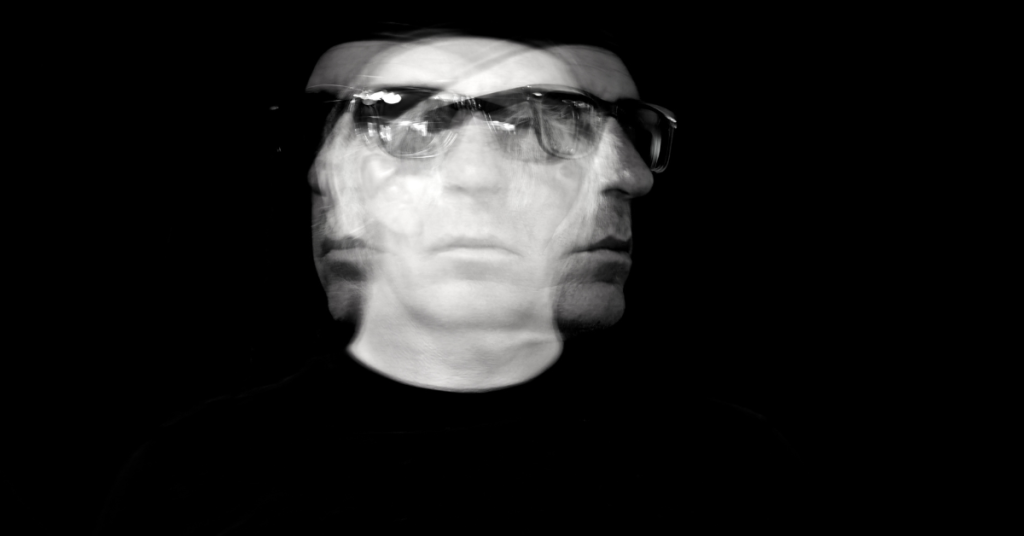
Schizophrenia is a severe mental disorder that impacts a person’s thoughts, emotions, and behaviors. Individuals with schizophrenia may appear disconnected from reality, causing distress for themselves and their loved ones. The symptoms can interfere with daily activities, but effective schizophrenia treatments are available. With proper care, many individuals can attend school or work, gain independence, and maintain personal relationships.
At Legacy Healing Center, our professionals look at the symptoms and offer a path to recovery. Our mental health rehab facilities nationwide are ready and waiting to start on this journey with you. Legacy Healing Center is not just a center for alcohol and drug treatment, we also offer comprehensive care for those struggling with a mental illness.
The Signs and Symptoms of Schizophrenia
Recognizing the symptoms of schizophrenia and seeking help early is crucial. Schizophrenia is rare in younger children. Most people are diagnosed with schizophrenia between the ages of 16 and 30, typically after their first episode of psychosis. Research indicates that gradual changes in thinking, mood, and social functioning often precede the first psychotic episode. Early treatment following this initial episode is key to recovery. Symptoms of schizophrenia can vary among individuals but generally fall into three main categories: cognitive, psychotic, and negative.Cognitive
Cognitive symptoms of schizophrenia involve difficulties with attention, concentration, and memory as well as trouble processing information for decision-making. These issues can make it challenging to follow conversations, learn new things, or remember appointments. Healthcare providers assess the level of cognitive functioning as it is a key predictor of an individual’s daily functioning.Psychotic
Psychotic symptoms involve significant changes in how a person thinks, behaves, and perceives reality. Individuals experiencing these symptoms often struggle to differentiate between what is real and what is not, leading to disrupted thoughts and perceptions.- Hallucinations, a common manifestation, involve sensing things that aren’t present, such as hearing voices, which might go unnoticed by others for a long time.
- Delusions, another psychotic symptom, consist of strong, false beliefs that seem irrational to others, like thinking that media messages are directed personally at them or feeling threatened by others.
- Thought disorder is also a key symptom, characterized by unusual or illogical thinking patterns. This can make organizing thoughts and speech difficult, leading to abrupt stops in conversation, jumping from one topic to another, or creating nonsensical words.


 Written By:
Written By: Edited By:
Edited By: Clinically Reviewed By:
Clinically Reviewed By: 




 Verify Insurance
Verify Insurance